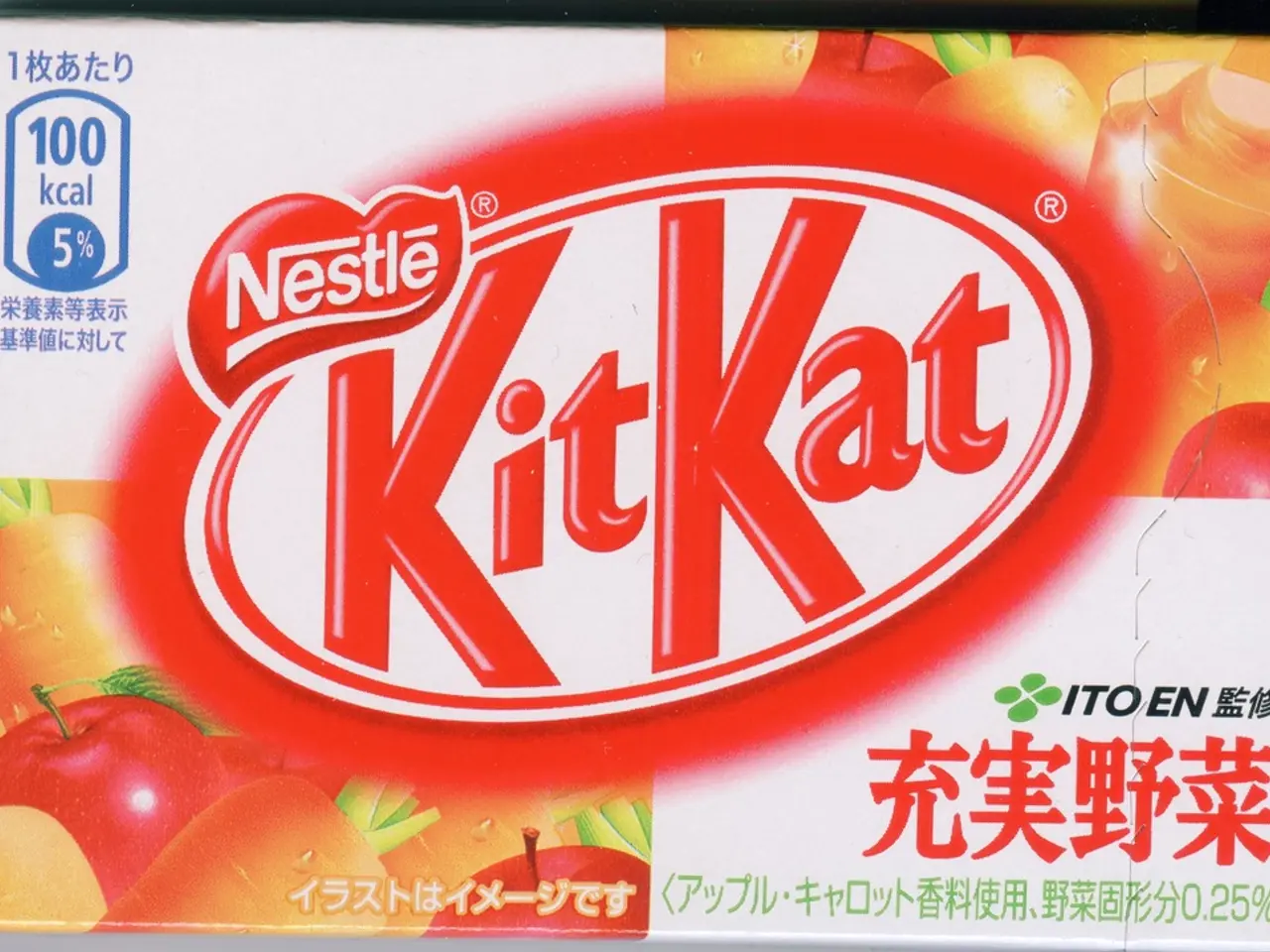Treatment Outcomes for Ozempic and Wegovy: Four Key Factors Affecting Weight Reduction Success
**Key Findings Reveal Factors Influencing GLP-1RA Weight Loss Efficacy**
A recent study conducted at a single Chinese weight loss clinic has provided valuable insights into the effectiveness of glucagon-like peptide-1 receptor agonists (GLP-1RAs) for weight loss, particularly for patients treated with semaglutide. The research offers several key findings that could help shape future treatment strategies for this popular weight loss medication.
**Duration of Treatment and Initial Drug Choice**
The study found that longer treatment with GLP-1RAs, such as semaglutide, is associated with greater weight reduction. In fact, a 12-month follow-up showed better outcomes with extended therapy. Additionally, starting with semaglutide (versus other GLP-1RAs) was linked to more successful weight loss, particularly in the first six months.
**Diabetes Status and Body Composition**
Individuals without diabetes experienced more pronounced weight loss compared to those with diabetes. One study found that non-diabetic status was associated with over twice the odds of successful weight loss at six months. Furthermore, a higher percentage of body fat at baseline was linked to better weight loss outcomes, with men experiencing nearly fourfold increased odds of success, and women more than twofold.
**Metabolic and Muscle Factors**
Higher basal metabolic rate, greater skeletal muscle mass (including abdominal and limb muscle mass), and higher serum creatinine (within certain ranges) were associated with better probabilities of successful weight loss over both six and twelve months. Interestingly, patients who regained weight had higher baseline estimated glomerular filtration rates (eGFRs), suggesting a potential link between renal health and weight response in those with prediabetes.
**Impact on Individuals With and Without Diabetes**
Non-diabetic individuals, especially those with higher body fat and favorable metabolic health, tend to achieve the greatest weight loss benefits from GLP-1RAs like semaglutide. In contrast, while people with diabetes still benefit from GLP-1RA therapy, their weight loss is generally less pronounced compared to those without diabetes, possibly due to underlying metabolic and insulin regulation differences.
**Additional Clinical Insights**
Recent real-world and meta-analyses indicate that tirzepatide (a dual GLP-1 and GIP agonist) may lead to greater weight loss than semaglutide, but semaglutide remains highly effective, especially compared to earlier GLP-1RAs. The variability in response underscores the importance of individualized treatment strategies, considering factors such as age, sex, baseline body weight, and metabolic health.
The research highlights the importance of careful clinical oversight when people use GLP-1RAs, as the study found that these medications work well in clinical trials but have varied responses in everyday clinical settings. Furthermore, the study does not explore the effects of discontinuation, a crucial aspect given evidence showing significant weight regain in many individuals once GLP-1RAs are stopped, even with continued lifestyle modifications.
In conclusion, the effectiveness of semaglutide and other GLP-1RAs for weight loss is influenced by treatment duration, drug selection, diabetes status, body composition, and metabolic factors. The study supports a personalized approach to the use of GLP-1RA medications that identifies important physiologic markers prior to the initiation of the treatment regimen, monitors patient response over time, and focuses on long-term success. However, the study has limitations, including a lack of randomization, possible confounding factors, and a single-center design.
- The duration of treatment with GLP-1RAs, particularly semaglutide, can significantly contribute to the effectiveness of weight loss, as evident in a 12-month follow-up showing better outcomes with extended therapy.
- Non-diabetic individuals tend to achieve greater weight loss benefits from GLP-1RAs like semaglutide, with a higher percentage of body fat at baseline being linked to better weight loss outcomes.
- In the realm of health-and-wellness, factors like higher basal metabolic rate, greater skeletal muscle mass, and higher serum creatinine (within certain ranges) are associated with better probabilities of successful weight loss over both six and twelve months.
- For individuals with diabetes, the weight loss benefits from GLP-1RAs may be less pronounced compared to those without diabetes, possibly due to underlying metabolic and insulin regulation differences.
- Personalized weight management programs should consider factors such as duration of treatment, drug selection, diabetes status, body composition, and metabolic health, drawing insights from science and therapies-and-treatments to shape effective weight-management strategies.




